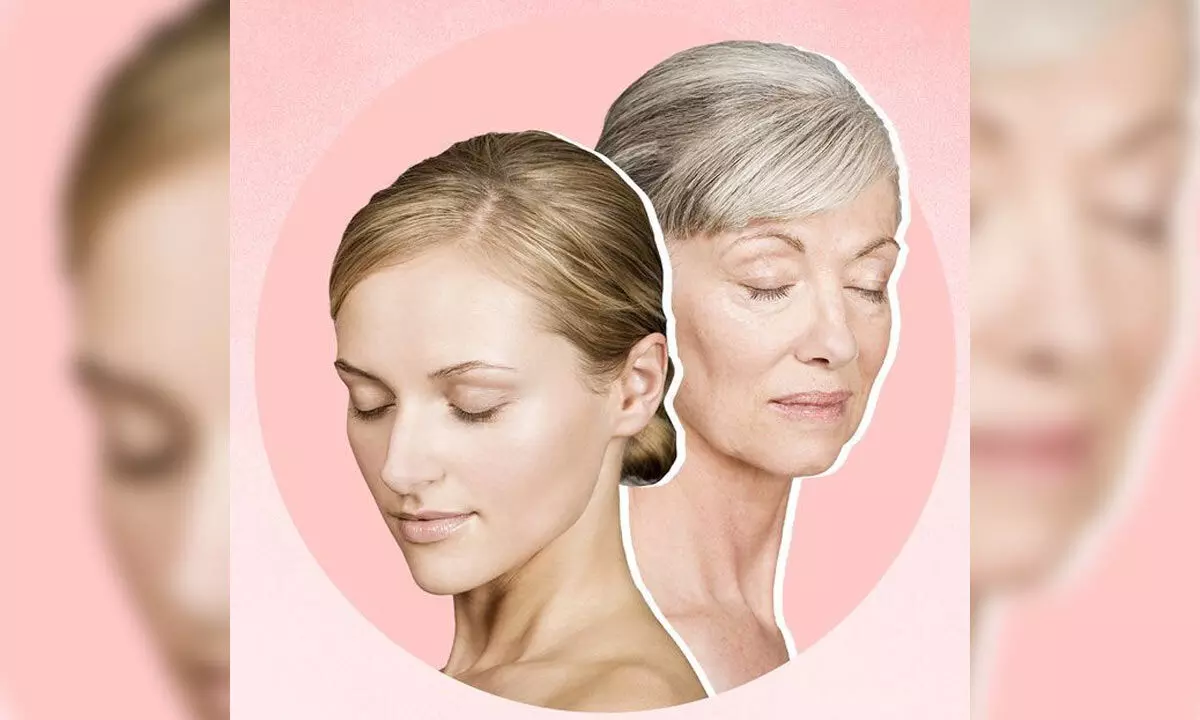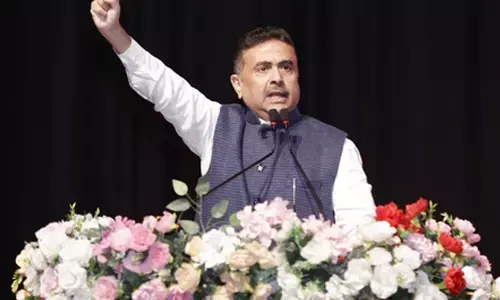Biological age predicts dementia, stroke

As we journey through life, the risk of developing chronic diseases, including cancer, heart disease and neurological disorders, increases significantly
As we journey through life, the risk of developing chronic diseases, including cancer, heart disease and neurological disorders, increases significantly. However, while we all grow older chronologically at the same pace, biologically, our clocks can tick faster or slower. Relying solely on chronological age – the number of years since birth – is inadequate to measure the body’s internal biological age. Chronological age is how long you have existed. Biological age is how old your cells are.
This discrepancy has prompted scientists to find ways to determine a person’s biological age. One way is to look at “epigenetic clocks” which consider chemical changes that occur in our DNA as we age. Another approach uses information from medical tests, such as blood pressure, cholesterol levels and other physiological measurements.
By using these “biomarkers”, researchers have discovered that when a person’s biological age surpasses their chronological age, it often signifies accelerated cell ageing and a higher susceptibility to age-related diseases. Our new research suggests your biological age, more than the years you’ve lived, may predict your risk of dementia and stroke in the future.
Previous studies have shed light on this association but they were often limited in scale. This has left gaps in our understanding of how biological ageing relates to various neurological disorders, including Parkinson’s disease and motor neuron disease. To bridge this gap, our study, published in the Journal of Neurology, Neurosurgery and Psychiatry, examined over 325,000 middle-aged and older British adults. We investigated whether advanced biological age increases the future risks of developing neurological diseases, including dementia, stroke, Parkinson’s disease and motor neuron disease.
To assess biological age, we analysed 18 biomarkers collected during medical checkups conducted between 2006 and 2010. These included blood pressure, blood glucose, cholesterol levels, inflammation markers, waist circumference and lung capacity.
We then followed participants for nine years to see who developed neurological diseases. Those with older biological ages at the study’s start had significantly higher risks of dementia and stroke over the next decade – even after considering differences in genetics, sex, income and lifestyle.
Imagine two 60-year-olds enrolled in our study. One had a biological age of 65, the other 60. The one with the more accelerated biological age had a 20% higher risk of dementia and a 40% higher risk of stroke.
Strong association
It is worth noting that while advanced biological age showed a strong association with dementia and stroke, we saw a weaker link with motor neuron disease and even an opposite direction for Parkinson’s disease.
Parkinson’s disease often exhibits unique characteristics. For instance, although smoking typically accelerates ageing, it paradoxically exerts a protective effect against Parkinson’s disease.
Our findings show that biological ageing processes probably contribute substantially to dementia and stroke later in life. Together with our previous research showing a significant association between advanced biological age and cancer risks, these results suggest that slowing the body’s internal decline may be key to preventing chronic diseases in late life.
Assessing biological age from routine blood samples could someday become standard practice. Those with accelerated ageing could be identified decades before dementia symptoms arise. While currently incurable, early detection provides opportunities for preventive lifestyle changes and close monitoring.
For example, research starts to suggest that biological age may be slowed down or even reversed by lifestyle intervention including exercise, sleep, diet and nutritional supplements.
Replicating our results in diverse groups of people is next step. We also hope to unravel connections between genetic background, biological ageing and other major diseases, such as diabetes and heart diseases. For now,
monitoring internal ageing processes could empower people to delay
cognitive decline, providing hope for a healthier and more fulfilling life in later years.














